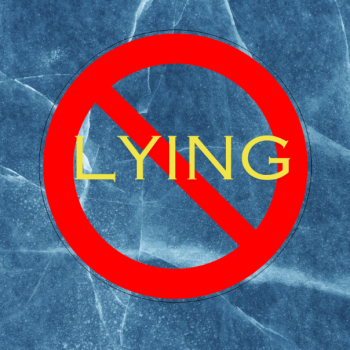To begin with, religions – Buddhism, Judaism, Christianity, Islam and so on – are growing numerically, and their members worldwide are increasingly unwilling to keep their convictions and practices limited to the private sphere of family or religious community. Instead, they want these convictions and practices to shape public life. They may engage in electoral politics and seek to influence legislative processes (as the Religious Right has done in the United States ever since the Reagan presidency), or they may concentrate on transforming the moral fabric of society through religious awakening (as the Religious Right seems to be doing during the Obama presidency). Either way, many religious people aim to shape public life according to their own vision of the good life.
Moreover, in today’s globalized world, religions cannot be neatly sequestered into separate geographic areas. As the world shrinks and the interdependence of people increases, ardent proponents of different religions come to inhabit the same space. But how do such people live together, especially when all of them want to shape the public realm according to the dictates of their own sacred texts and traditions?
When it comes to the public role of religions, the main fear is that of imposition – one faith imposing aspects of its own way of life on others. Religious people fear imposition – Muslims fear Christians, Christians fear Muslims, Jews fear both, Muslims fear Jews, Hindus fear Muslims, Christians fear Hindus and so on. Secularists, those who subscribe to no traditional religious faith at all, fear imposition as well – imposition by any faith – since they tend to deem all of them irrational and dangerous.
The fear of imposition of religious views often elicits demands for the suppression of religious voices from the public square. The people espousing that view argue that politics, one major public sphere, should “remain unilluminated by the light of revelation” and should be guided by human reason alone, as Mark Lilla puts it. This is the idea of a secular state, forged over the last few centuries in the West.
Read the rest here















